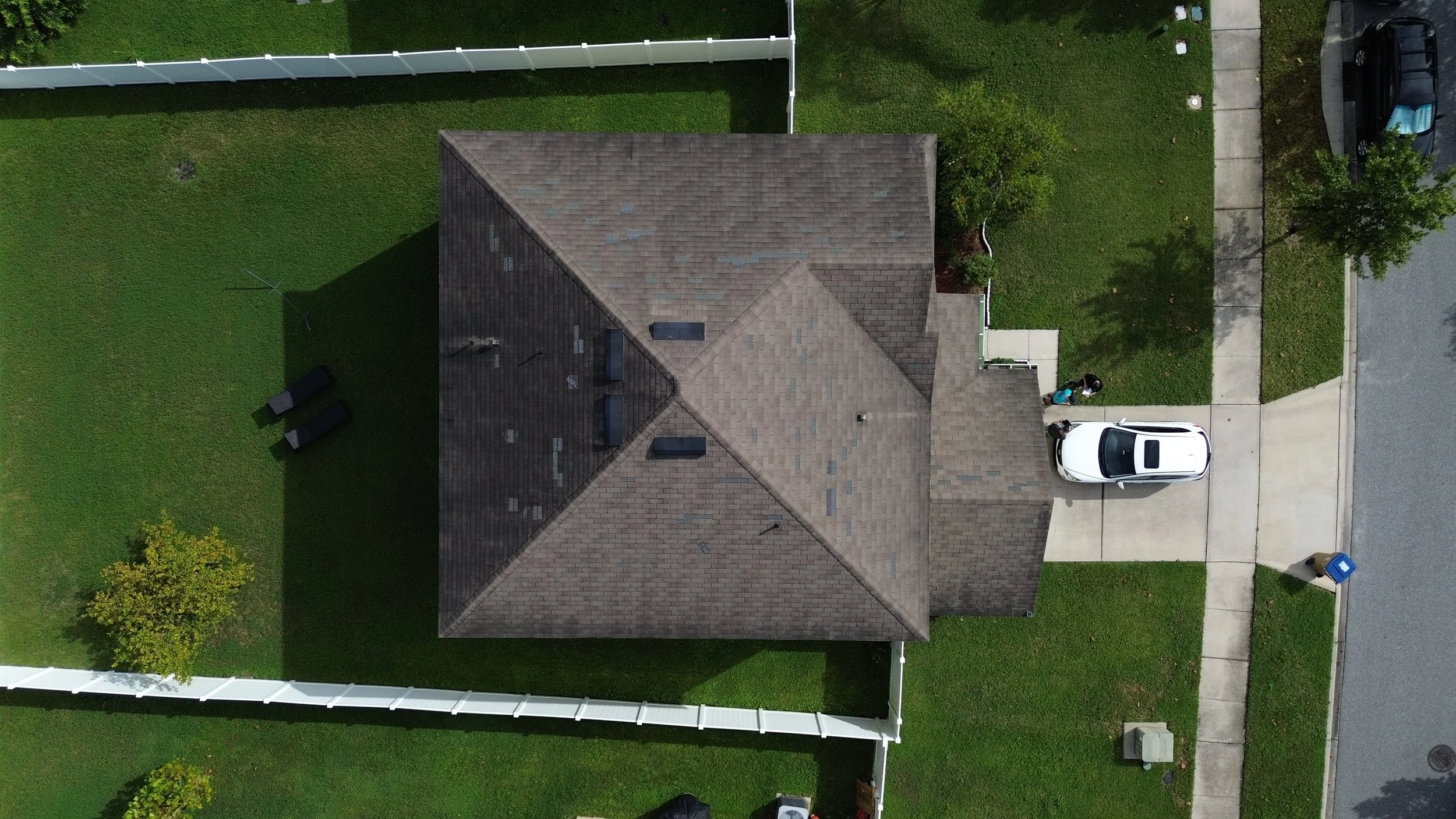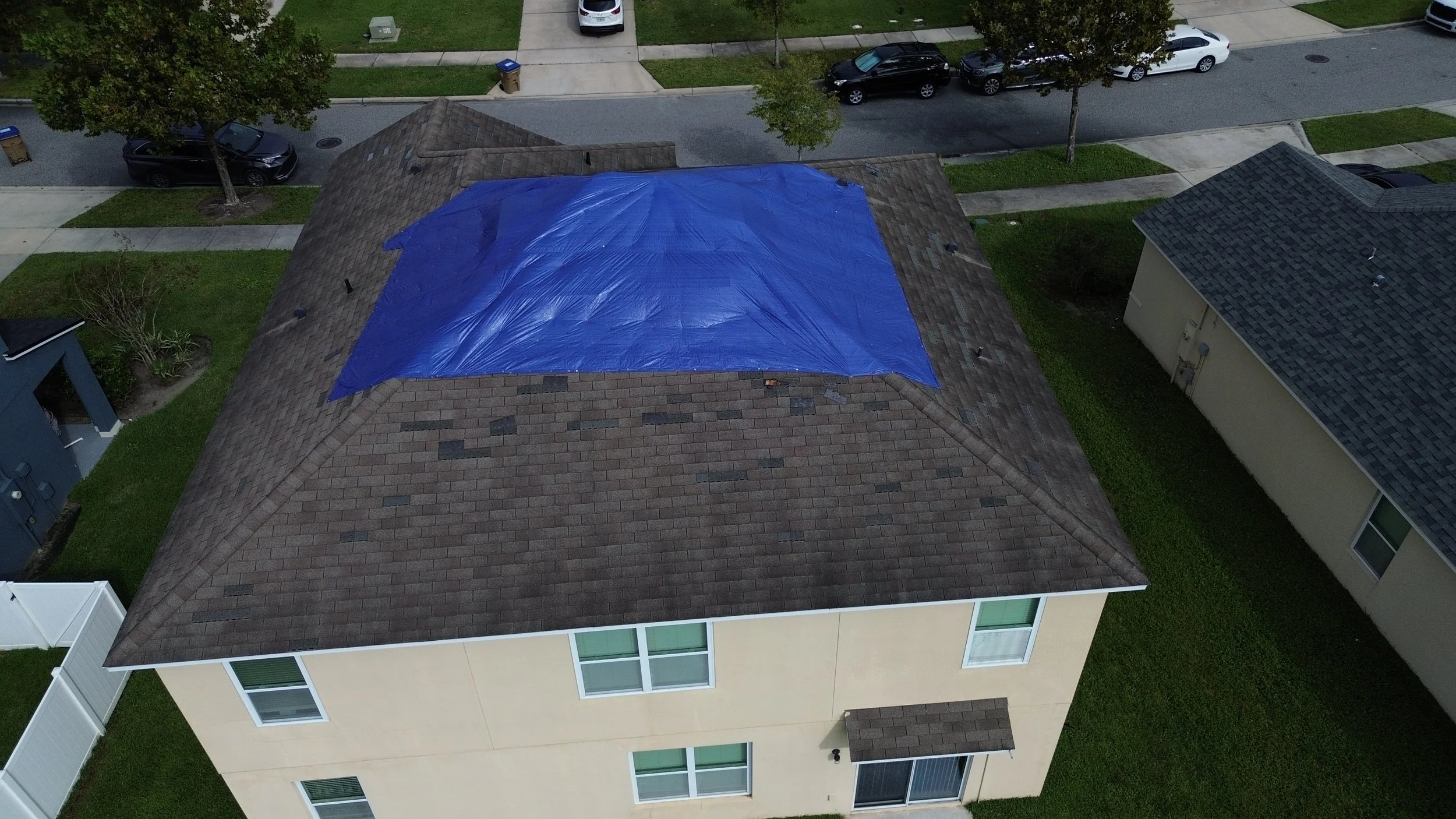Florida Insurers Drop Homeowners Over Aging Roofs, Leaving Many Facing Higher Costs
October 8, 2025. A growing number of Florida homeowners are being told their property insurance won’t be renewed—largely due to the age and condition of their roofs. For many, the breaking point comes when a roof is between 10 and 15 years old, a window when insurers claim that Florida’s harsh climate takes its toll on shingles and tiles.
Aerial Surveillance and Drones Replace Inspectors
Insurance companies are relying less on neighborhood inspectors and more on technology. High-resolution satellite imagery, drones, and street-level photography are now commonly used to evaluate roof condition. With these tools, insurers can flag suspected damage, wear, or discoloration without ever setting foot on the property. A single cracked shingle, visible from above, can trigger a nonrenewal letter.
While traditional in-person inspections are still performed, particularly when homeowners appeal a cancellation, remote technology allows companies to monitor thousands of homes quickly and cheaply. Regulators warn that these methods are not always accurate, but for many homeowners, the burden falls on them to prove otherwise.
Why Roofs Age Faster in Florida
Florida’s climate is punishing on roofs:
Wind: Tropical storms and hurricanes lift shingles, breaking the adhesive seals that keep them watertight.
Rain: Once a shingle lifts, wind-driven rain penetrates the barrier, leading to interior leaks.
Sun & Heat: Year-round UV exposure dries out asphalt and causes shingles to become brittle.
Humidity & Salt Air: Along the coasts, salty, damp air corrodes fasteners and shortens lifespan even further.
Because of this, insurers argue that a roof can lose much of its protective value before it reaches 20 years old—making the 10–15-year range a red flag for policy underwriters.
Coverage May Shrink Even If You Keep Your Policy
Even if insurers do not outright cancel coverage, they are increasingly limiting roof-related protection. In many cases, if a roof is deemed “too old”:
Coverage may be denied entirely for roof damage, leaving homeowners on the hook for repairs.
Deductibles may be raised significantly, especially on wind or hurricane claims tied to roof damage.
Some policies now only pay actual cash value (ACV) instead of full replacement cost, meaning payouts are reduced for wear and tear.
These changes leave homeowners with less protection when they need it most—during Florida’s storm season.
Florida’s Biggest Carriers in the Spotlight
Some of the state’s largest insurers, both private and state-backed, are applying tighter roof rules. These include:
Citizens Property Insurance Corporation (the state-run insurer of last resort)
State Farm Florida
Universal Property & Casualty
Slide Insurance
Tower Hill Insurance Exchange
American Integrity Insurance
Florida Peninsula Insurance
Progressive (ASI/Progressive Home)
Together, these companies cover millions of Florida homes—and many homeowners are now finding themselves scrambling to either replace a roof or find a new carrier.
What Homeowners Can Do
Experts recommend homeowners facing nonrenewal:
Request inspection evidence and challenge inaccurate aerial or drone photos.
Hire a licensed inspector to certify the remaining life of your roof. State law requires insurers to consider reports showing at least five years of useful life for roofs 15 years or older.
Shop around. Not all carriers apply the same rules.
Consider replacement. For roofs at the end of their life, replacement may be the only way to secure affordable coverage.
Affordable Replacement Options
For those who must replace, contractors like Top Rank Builder & Roofing are offering low-cost roof replacement options designed to meet Florida’s strict building codes. These upgrades not only help secure insurance but also offer improved protection during hurricane season.
Bottom Line: Florida homeowners are caught between stricter insurers and an unforgiving climate. If your roof is approaching 15 years, you may face higher deductibles, reduced coverage, or outright policy cancellations. Staying proactive—through inspections, repairs, or replacement—may be the only way to keep both your home and your insurance policy secure.









